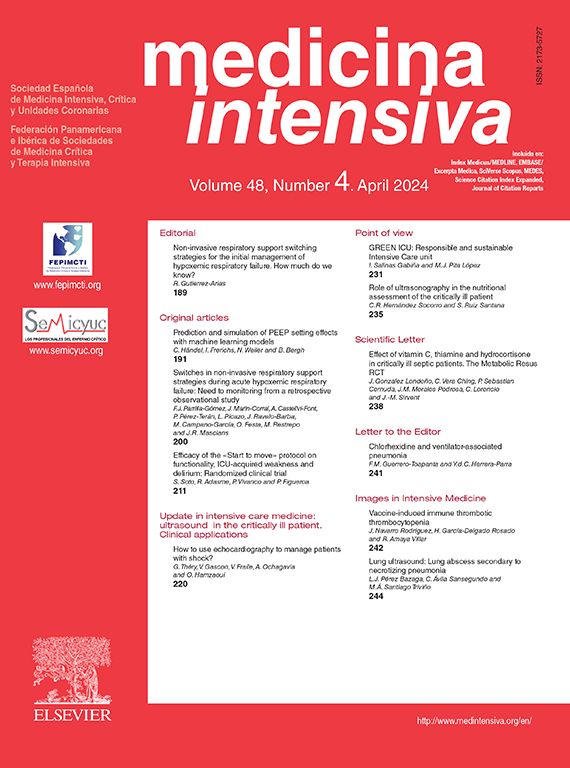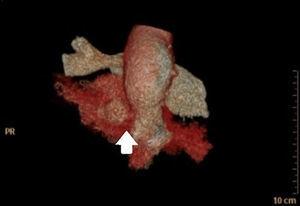We share Gil-Salazar et al.’s point of view1 on the need to conduct more studies with scientific rigor to support or refute most recommendations published on the management of organ donors. Until these studies are conducted, the management of donors should follow the actual management of any other critically ill patients, while taking into consideration the physiopathological peculiarities that are specific to a situation of brain death.2
Like the authors say, no studies have been conducted so far on what the optimal hemoglobin levels are to suggest transfusion in organ donors. Our own experience is based on the actual recommendations for the management of critically ill patients, such as the management of septic patients, that is, 7g/dL.3 Obviously, every specific situation of every donor needs individual assessment, and circumstances such as myocardial ischemia, uncontrolled tissue hypoxia or active bleeding may justify transfusion with higher thresholds. Except for these particular cases, we believe that in the management of organ donor we should be as restrictive as in the management of the rest of the patients. Complications such as TRALI, etc. that may be due to transfusion should not be overlooked, since they can abort donation in general or the particular donation of a given organ.
Another aspect they disagree on is in our recommendation of suspending or not initiating enteral nutrition. In order to validate their disagreement they mention the only study conducted so far on this issue.4 This study shows that up to 36% (13 out of 36) of the donors studied absorbed and metabolized the uracil substrate marked with carbon 13 and administered through enteral route - indicative of a normal intestinal function in this group of donors. However, and yet despite the theoretical possibility of absorption of the enteral nutrition administered, the authors find no differences whatsoever in the metabolic or nutritional parameters of those donors theoretically nourished for 12.6±4.4h compared to the parameters of the donors who were not on a diet. They did not find any differences either in the progression of patients transplanted with organs coming from presumably nourished donors. It is important to emphasize here that the tracer was administered through a radiographically validated probe of post-pyloric placement (a rare procedure in donors) and sparing the stomach, whose lack of peristalsis is the most common cause of intolerance to enteral nutrition.
On this particular and probably irrelevant issue due to the short period of maintenance time in the management of usual organ donors, we should follow the most pragmatic criteria here. It will be very difficult to replicate studies to confirm the theoretical benefits provided by the administration of enteral nutrition for a few hours in populations that have very few chances of assimilating it.
Please cite this article as: Chamorro-Jambrina C, Martínez-Melgar J. En respuesta a «Mantenimiento del donante de órganos: recomendaciones generales que precisan evidencia». Med Intens. 2018;42:514.




